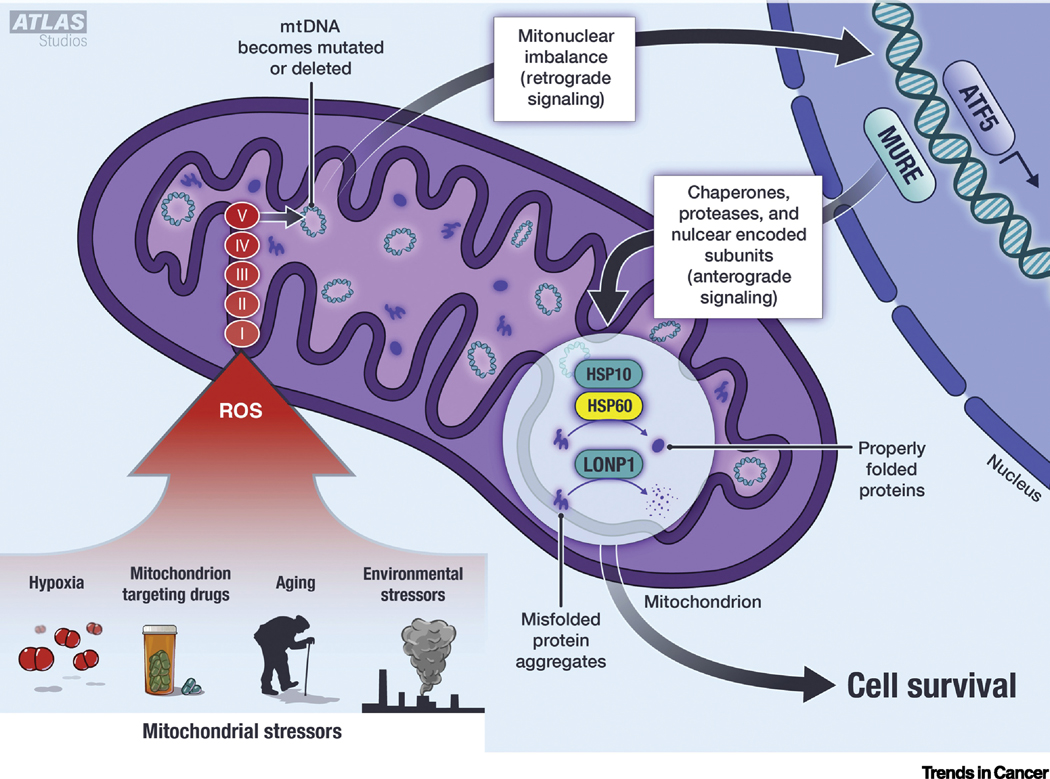Figure 1. Key Figure. The activation of mitochondrial stress response and cellular signaling.

Mitochondrial stresses associated with aging, environmental toxins, hypoxia and mitotoxic drugs promote ROS production. ROS damages mitochondrial proteins including the OXPHOS complexes, which may further enhance ROS production. The continued ROS production damages mtDNA. The damaged mtDNA and OXPHOS complexes create an imbalance of the mitochondria-nuclear proteins and induce retrograde signaling. This includes nuclear translocation of the UPRmt transcription factor ATF5. ATF5 binds to Mitochondrial Unfolded Protein Response Element (MURE) to initiate transcription of UPRmt genes including HSP60, HSP10 and LONP1. These transcripts are translated and imported into the mitochondria (anterograde signaling). Once within the mitochondria, HSP60 and HSP10 work together to properly fold damaged proteins, and LONP1 cleaves and degrades those proteins that are damaged beyond repair. The UPRmt proteins promote cell survival by maintaining mitochondrial integrity, thereby preventing cytochrome c release and inhibiting the initiation of intrinsic apoptosis. Abbreviations: HSP = heat shock protein, LONP1 = Lon Protease, ROS = reactive oxygen species, mtDNA = mitochondrial DNA, OXPHOS = oxidative phosphorylation, ATF5 = activating transcription factor 5, MURE = mitochondrial unfolded protein response elements.
